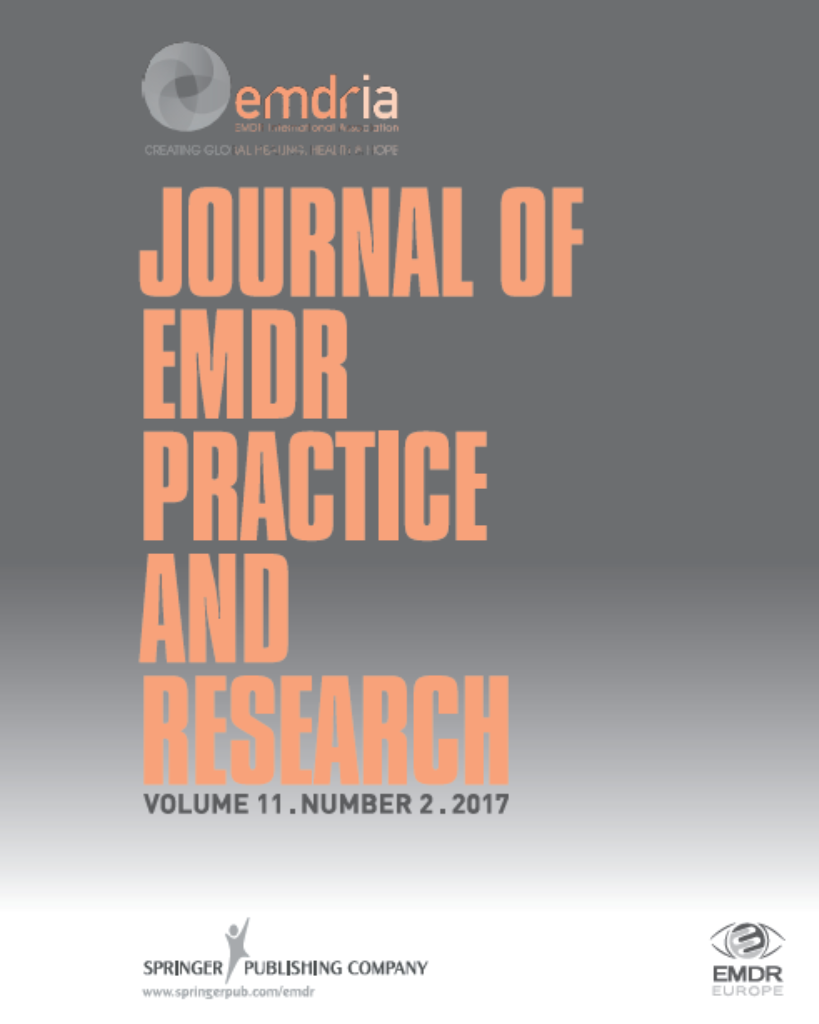Applying eye movement desensitization and reprocessing in counseling with survivors of intimate partner violence
The article aims to articulate how EMDR can be effective for intimate partner violence (IPV) survivors, providing a synthesis of the literature and a case study with a female in an outpatient setting.
Article Abstract
“Intimate partner violence (IPV) is a serious, prevalent public health issue that has severe detrimental mental health effects. Researchers have demonstrated that trauma-informed counseling is effective in treating survivors, and the literature shows that eye movement desensitization and reprocessing (EMDR) has a significant impact on reducing posttraumatic stress disorder and depressive symptoms among IPV survivors. Additionally, researchers have found considerable rates of posttraumatic growth among IPV survivors who leave relationships where they are being abused. The aim of this article is to articulate how EMDR can be effectively applied to decreasing deleterious effects of victimization and increasing growth-oriented outcomes. First, we will provide a synthesis of the literature, followed by a case study of the application of EMDR with a female survivor of IPV in an outpatient setting in order to increase counselors’ knowledge of applying EMDR concepts to practice with IPV survivors.”
—Description from publisher
Article Access
Purchase/Subscription Required
Poandl, M. M., & Conley, A. H. (2025). Applying eye movement desensitization and reprocessing in counseling with survivors of intimate partner violence. Journal of Mental Health Counseling, 47(3), 187-203. https://doi.org/10.17744/mehc.47.3.01
Date
July 1, 2025
Creator(s)
Margaret M. Poandl, Abigail H. Conley
Topics
Abuse/Neglect, Sexual Trauma
Client Population
Couples
Extent
16 pages
Rights
© 2025 American Mental Health Counselors Association
APA Citation
Poandl, M. M., & Conley, A. H. (2025). Applying eye movement desensitization and reprocessing in counseling with survivors of intimate partner violence. Journal of Mental Health Counseling, 47(3), 187-203. https://doi.org/10.17744/mehc.47.3.01
Audience
EMDR Therapists
Language
English
Content Type
Article, Peer-Reviewed
Access Type
External Resource





